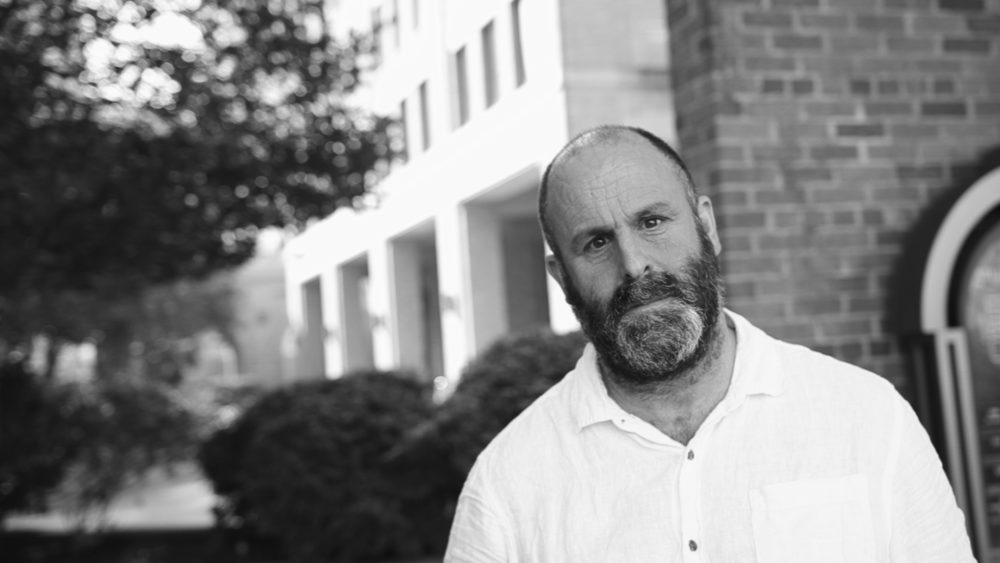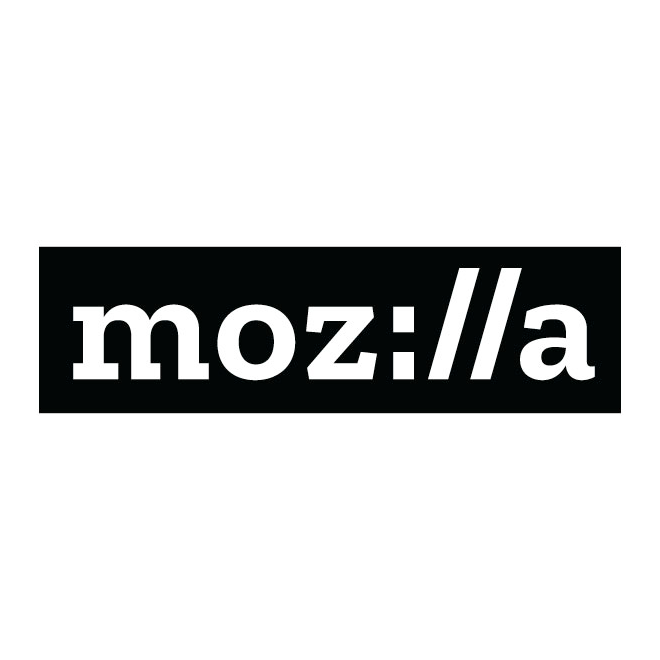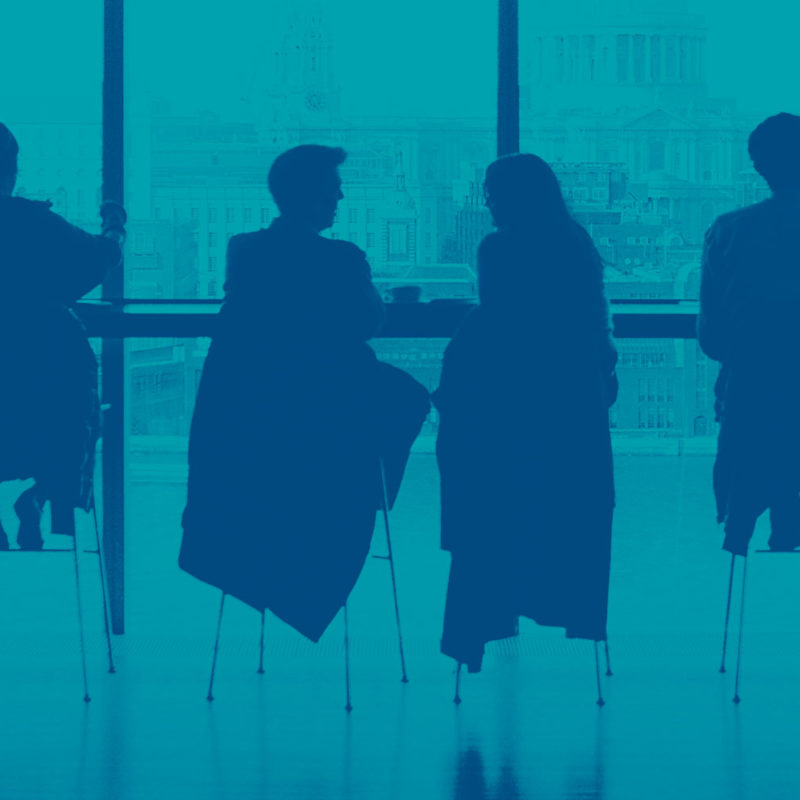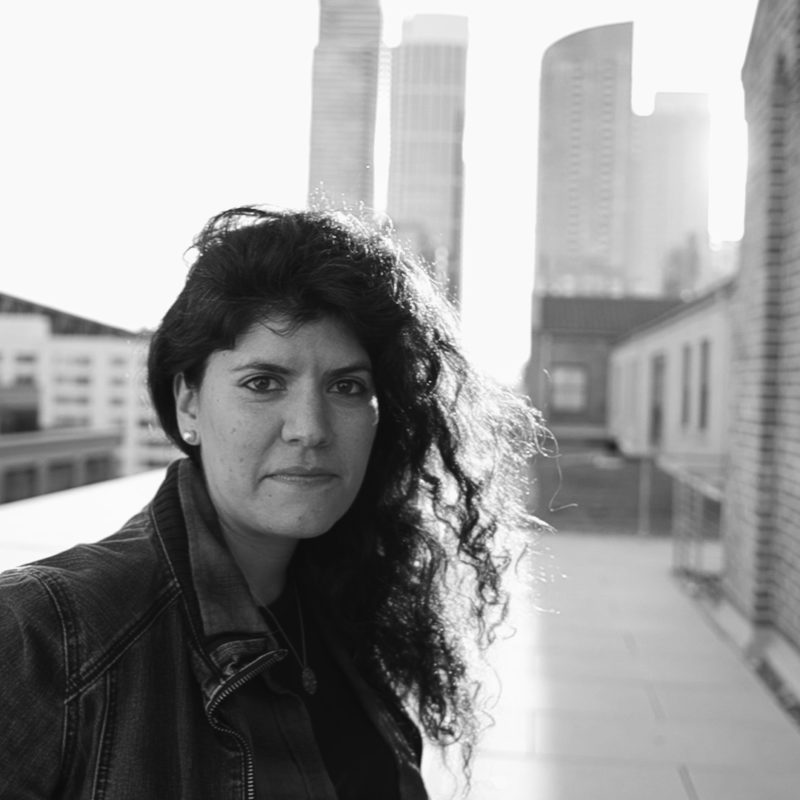A good portion of our lives is lived online, but it’s not just through computers and smartphones. The Internet of Things — the networked computing environment that spans the globe — allows the web to permeate our clothes, our homes, our cities.
The web is now made up of billions of connected devices and zettabytes (yes that’s a real word) of data. By 2025, the number of internet connected devices is projected to reach 75 billion. That pencils out to about nine connected devices per person on the planet. It doesn’t seem so far fetched when you consider the proliferation of mundane devices — lightbulbs, televisions, refrigerators, cameras, toys, doorbells, tea kettles — not to mention phones, computers and digital assistants available to keep us networked today. Can we even imagine what the future Internet of Things holds?
Mozilla Senior Fellow Jon Rogers hopes it’s better than appliances and digital assistants.
“Fundamentally I want to see more imagination and more creativity and the ability for individuals to turn that creativity into something not just useful for themselves but also something beneficial for the world.”
Which is to say, Rogers doesn’t think the technology is the problem. The people behind the technology are the problem.
As a mission-driven not-for-profit, Mozilla supports people working to build a more humane digital world, and as a Senior Mozilla Fellow, Rogers is helping develop the Open IoT Studio, a project that explores the intersection between internet health and the challenge of emerging technologies.
“We have to start looking at the power dynamics of play who is in control, who is benefiting, where is this work going,” he said. “And what’s your role in that relationship.”
He points to fitness trackers as an example.
“Does that sports brand care about your personal health and fitness or do they just want you to wear out more trainers and so by counting your steps, you’re creating a culture of competitiveness in a global step counting,” he said. “This has nothing to do with the nation or the global health. But it could.”
As for digital assistants, it all seems underwhelming so far. “Here we have the most powerful machine learning artificially intelligent devices imaginable, something I dreamed of as a youngster in rural England, and now that we have it, we’re using it to replace a remote control to turn on lights and play music.”
Even so, Rogers is optimistic that IoT technology can revolutionize healthcare, social mobility, connectivity, democracy and learning. Growing up in Oxfordshire, he consumed everything futuristic that he could get his hands on — books, films, comics, television shows. Ultimately, it was Doctor Who that inspired him to contribute to a future with computers and technology. We may have connected doorbells instead of sonic screwdrivers, but Rogers is hopeful we can shape the Internet of Things for greater impact.
“With regards to the Internet of Things, what I’m most hopeful for is its ability to make us more human,” Rogers said. “But it needs to be accountable. It needs to be responsible, and it needs to have this notion of healthy so that it reinforces good behavior and better society and personal happiness and longevity.”
More about Mozilla and IoT
- Project Things by Mozilla
- Mozilla Open IoT Studio
- Film, Magazine: The Uncertain Future of Artificial Intelligence and IoT
- *privacy not included: A Guide to Make Shopping for Connected Gifts Safer, Easier, and Way More Fun
- Living Inside the Computer: Building Responsible IoT
About Mozilla Fellowships
Mozilla Fellowships provide resources, tools, community and amplification to those building a more humane digital world. During their tenure, Fellows use their skill sets — in technology, in activism, in science, in policy — to design products, run campaigns, influence policy and ultimately lay the groundwork for a more open and inclusive internet.



